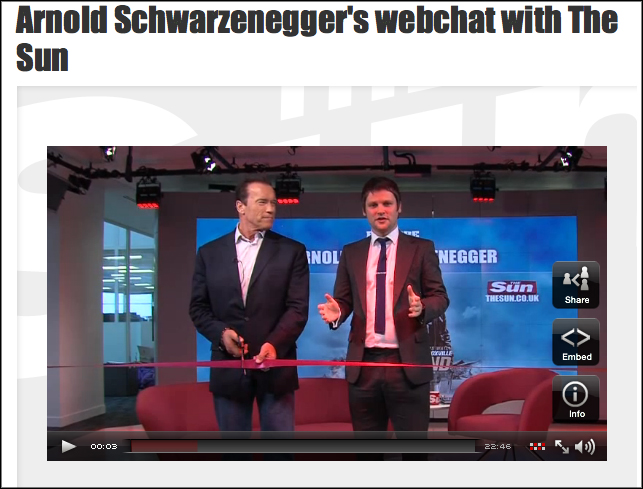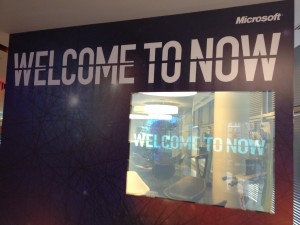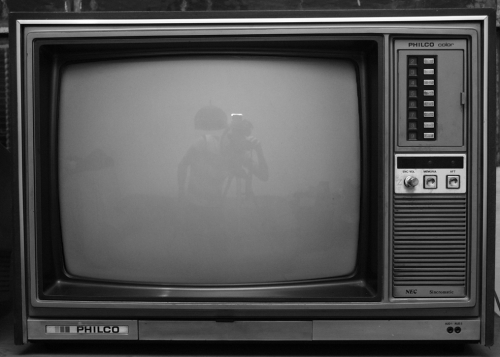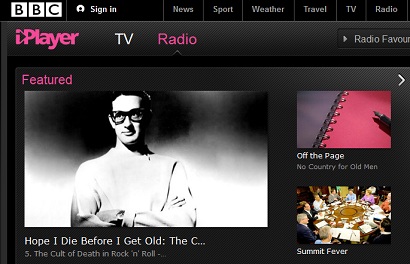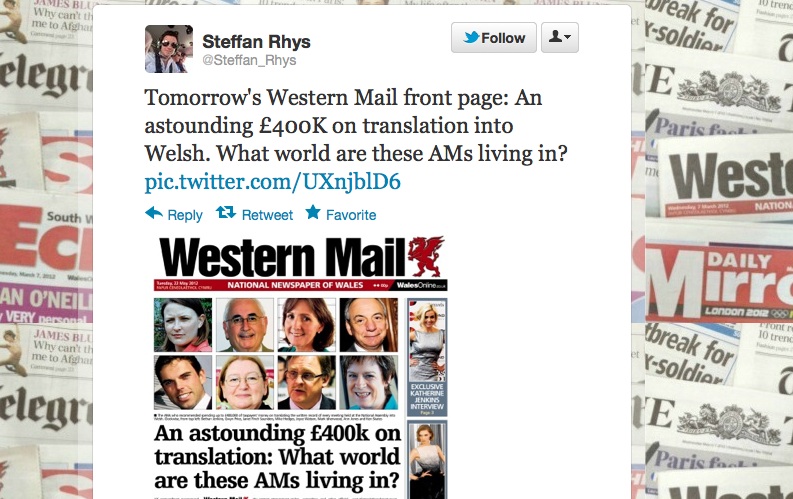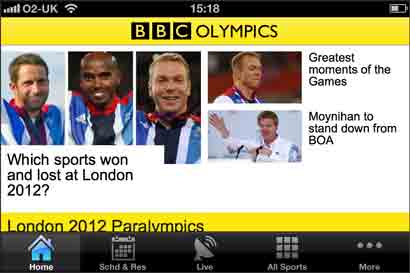
The BBC has revealed the figures showing the number of people consuming Olympics news across four platforms: desktop, tablet, mobile and television.
The BBC Internet blog reports that the broadcaster saw 9.2 million browsers to its mobile site and iPhone and Android Olympics app over the course of the Games.
The post also reveals the BBC clocked up more than 2.3 million browsers using tablets.
Writing on the blog, Cait O’Riorda, head of product, BBC Sport and London 2012, said:
Consumption of video content on mobile has been perhaps the key takeaway from the two weeks: we saw 12 million requests for video on mobile across the whole of the Games.
Overall the broadcaster had “106 million requests for BBC Olympic video content across all online platforms”.
The blog post has several interesting graphics, including one to demonstrate how people used each of the four platforms at different times of the day.
The key findings are:
- PC usage maxes out during the week at lunchtime and during mid-afternoon peak Team GB moments
- Mobile takes over around 6pm as people leave the office but still want to keep up to date with the latest action
- Tablet usage reaches a peak at around 9pm: people using them as a second screen experience as they watch the Games on their TVs, and also as they continue to watch in bed
The blog also reports that the video “chapter-marking feature, enabling audiences to go back to key event moments instantly, received an average 1.5 million clicks per day. The chapter marker for Bolt’s 100m final win was clicked on more than 13,000 times”.
The most-watched livestream of the Games was the tennis singles finals. There were 820,000 requests for live video of the matches that saw Serena Williams and Andy Murray take gold.
O’Riorda states in the post:
The peak audiences for Team GB’s medal moments were bigger than anything we’ve ever seen. Over a 24 hour period on the busiest Olympic days, Olympic traffic to bbc.co.uk exceeded that for the entire BBC coverage of FIFA World Cup 2010 games. On the busiest day, the BBC delivered 2.8 petabytes, with the peak traffic moment occurring when Bradley Wiggins won gold and we shifted 700 Gb/s.
